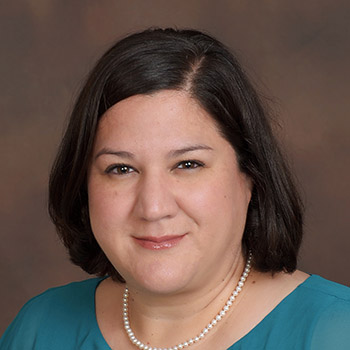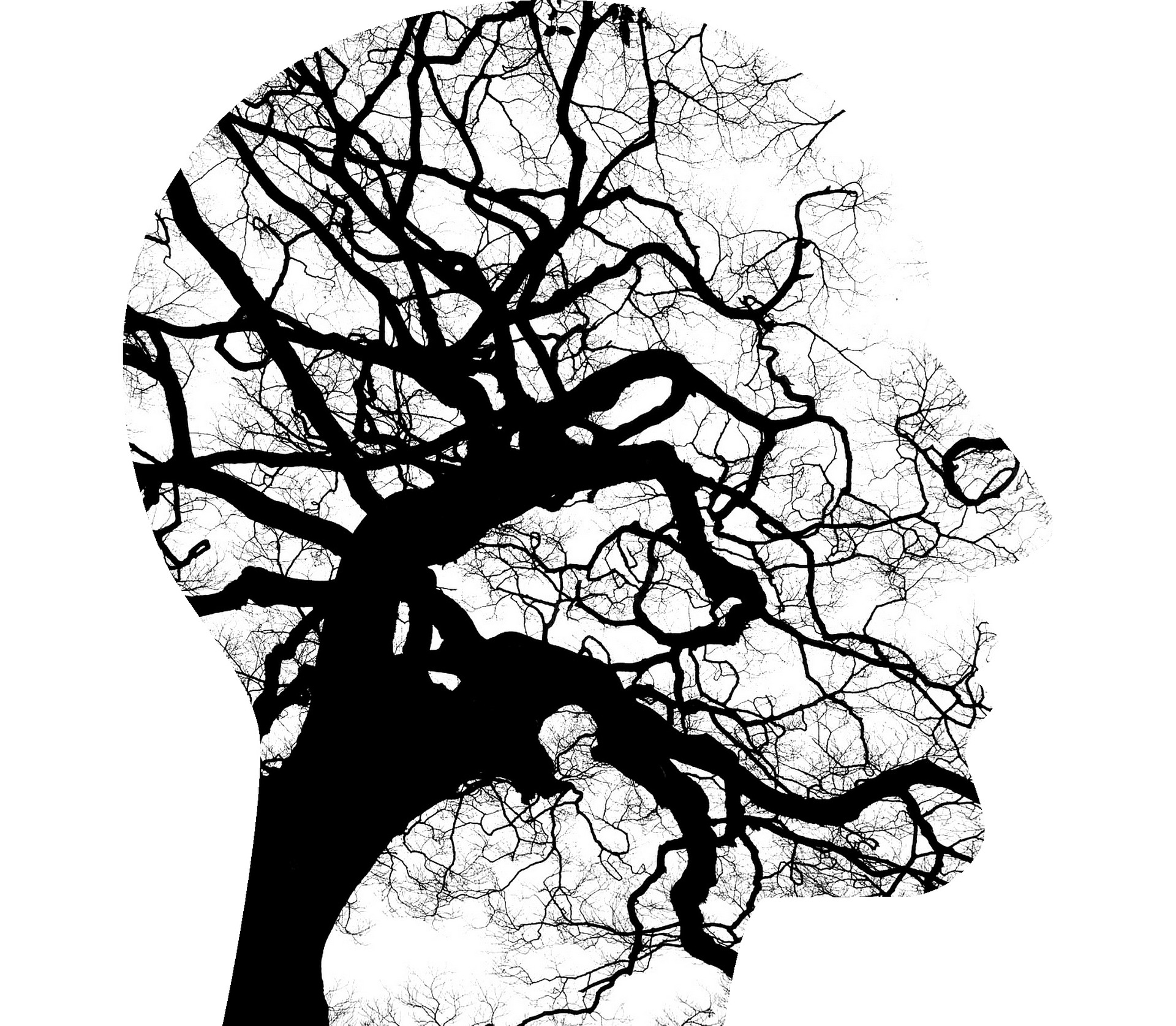Program Overview
The Master of Science in Clinical Mental Health Counseling prepares professional counselors to work in community agencies, educational settings, as well as private practice. Our faculty are committed to graduating students who have exemplary theory-based knowledge and skills in counseling and who have demonstrated aptitude in providing counseling and mental health services to people from diverse backgrounds.
Our master’s in Clinical Mental Health Counseling program is tailored for students seeking licensure as Licensed Professional Counselors (LPC) in Texas. Individuals with a Master of Science in Clinical Mental Health Counseling are well-positioned to seek employment in a variety of settings including work with individuals, families, and groups to accomplish mental health, wellness, education, and career goals.
Graduates from the CMHC program will:
- develop strong professional identities as counselors.
- establish helping relationships with diverse clients.
- understand individual and family development and transition across the life span including ways to promote optimal human development.
- demonstrate an understanding of theories and models of career development, counseling, and decision-making approaches for conceptualizing the interrelationships between work and mental well-being.
- demonstrate an understanding of the principles of group dynamics, including group process components, developmental stage theories, group members’ roles and behaviors, and therapeutic factors of group work.
- use research in the field and employ evidence-based practices in counseling interventions, assessments, and program evaluations.
- abide by relevant ethics, laws, and standards of professional practice.
- will use theories and models to guide their professional practice.
Career Opportunities
- Mental Health Agencies
- Clinics
- Career/Vocational Planning Centers
- Rehabilitation Agencies
- Long-Term Treatment Facilities
- Schools
- Employee Assistance Programs
- Hospitals
MS Clinical Mental Health Counseling Program Application
Fall Admission: July 1
Spring Admission: November 1
Summer Admission: April 1
Program Coordinator
Dr. Samantha Airhart-Larraga
Associate Professor
College of Education and Human Development
Room: WH-318D
Email: s.airhart-larraga@tamuct.edu
View Bio
If you are interested in the program but have plans to leave the state, please speak with the program coordinator, Dr. Samantha Airhart-Larraga, about your specific state’s licensing requirements. Many states follow similar requirements and transferring your license or license eligible degree is a possibility.

Program Accreditation
The Clinical Mental Health Counseling program is accredited by the Council for Accreditation of Counseling and Related Educational Programs (CACREP). As such, all of our curriculum and standards for the program are aligned with CACREP standards.
School Counselor Certification Preparation Program
Students will be admitted to the M.S. Clinical Mental Health Counseling with School Counselor Certification Preparation program by the faculty once the following application criteria are met:
- Graduate School admission
- Admission to the Clinical Mental Health Counseling program
- Minimum GPA of 2.5 or in last 60 hours to include semester where 60th hour occurred.
- School Counselor application with essay, which includes a separate application process from Graduate School and Clinical Mental health Counseling Program
- Letter of Intent to pursue certification, which is part of School Counselor Certification Preparation Program application
- Interview with program faculty
If you are interested in the school counselor certification preparation program, please contact the program coordinator, Dr. Jenn Moore, at jenn.moore@tamuct.edu
School Counseling Program Application
Fall Admission: July 1
Spring Admission: November 1
Summer Admission: April 1



 See what's possible at A&M-Central Texas: You'll have dedicated admission, financial aid and academic advisors to help you meet your degree goals. Learn more now!
See what's possible at A&M-Central Texas: You'll have dedicated admission, financial aid and academic advisors to help you meet your degree goals. Learn more now!